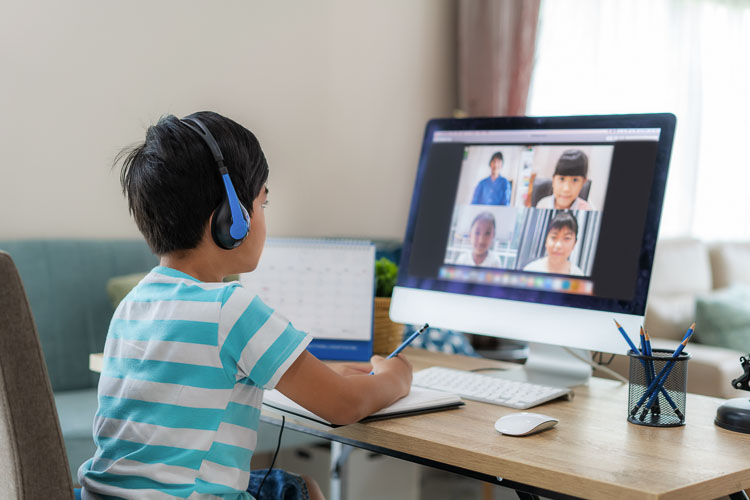Liv Finne of the Washington Policy Center discusses the findings of a recent study on the effects school shutdowns may have on students
Liv Finne
Washington Policy Center
According to a new study from McKinsey and Co, the effects of the COVID school shutdowns may “depress this generation’s prospects and constrict their opportunities far into adulthood.”
The study shows students are four to six months behind in reading and math. Students in low-income schools are seven months behind in their learning. McKinsey says that unless students can recover these losses, the impact on their lives could be permanent:

The fallout from the pandemic threatens to depress this generation’s prospects and constrict their opportunities far into adulthood. The ripple effects may undermine their chances of attending college and ultimately finding a fulfilling job that enables them to support a family.

Washington’s public school system has failed the test of COVID. The WEA union kept public schools closed for nearly the entire 2020-21 school year, when private schools and public charter schools found ways to teach effectively and even safely reopen. State Superintendent Reykdal cancelled state tests in May, so no one knows the full extent of COVID learning loss. Under the influence of the WEA union, lawmakers funded empty seats in the classrooms, and passed SB 5044, SB 5227, SB 5228, and SB 5194, requiring school employees to receive trainings in divisive and harmful Critical Race Theory content.
By contrast, other states responded to COVID by giving families direct education help. In 2021, lawmakers in eighteen states created new Education Savings Account programs, and expanded tax credit scholarship programs. These programs provide families with funds to hire tutors and pay private school tuition so their children can recover from their COVID learning losses.
Two lawmakers did try to give families education money. Senator Mark Schoesler (R-Ritzville) introduced SB 5200, to give $15,000 scholarships to families with special needs children and children in foster care. Representative Vicki Kraft (R-Vancouver) introduced HB 1215, to give families an Education Opportunity Scholarship of $7,000. These bills were blocked by the representatives of the WEA union, Senator Lisa Wellman, (D-Mercer Island), Chair of the Senate Education Committee, and Representative Sharon Tomiko-Santos (D-Seattle), Chair of the House Education Committee.
An entire generation of children has been hurt by the response of the state’s public schools and the legislature to the COVID crisis. Many have dropped out, and may not graduate from high school. Some have developed mental health problems. Many will earn considerably less over the course of their lives, and never fully recover from the impact of the 2020-21 school year.
The good news is parents are not going to return to the status quo before the COVID crisis. They now understand the WEA union has too much control over the education their children receive, in their local school districts and in the legislature. Parents are now running for school board, organizing political groups and finding like-minded allies. Calls to give parents Education Savings Accounts and scholarships to private school will increase, as parents demand control over the money, so families, not unions, can direct the education of the state’s children.
Liv Finne is the director of the Center for Education at the Washington Policy Center.




